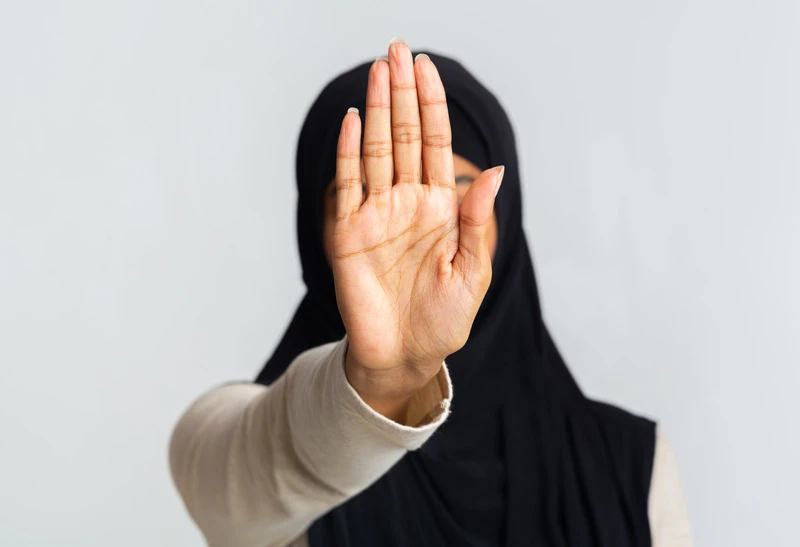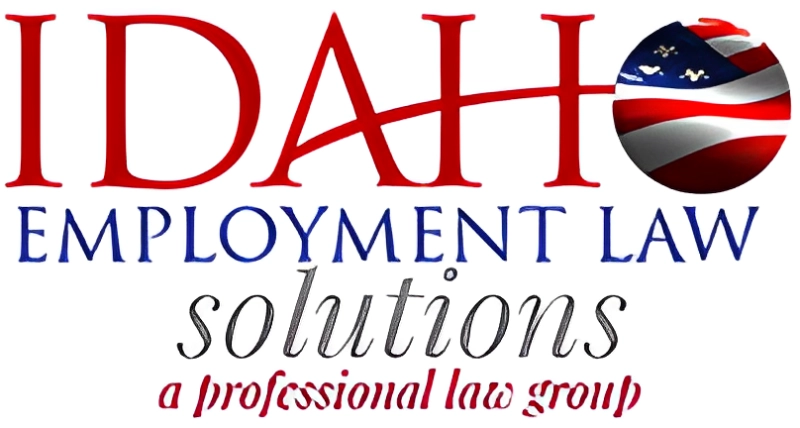Religious Discrimination
IDAHO RELIGIOUS DISCRIMINATION LAWYER
30+ Years Experience
Honest & Transparent
Integrity Above All

First Amendment of the U.S. Constitution
While the First Amendment of the U.S. Constitution prohibits state or federal establishment of any religion, it also guarantees the free exercise of all religions. The free exercise clause has been revitalized by recent U.S. Supreme Court cases. Federal law also protects against religious discrimination in the workplace through Title VII of the Civil Rights Act of 1964. However, Title VII applies only to businesses with fifteen employees or more and has a narrow 180-day period in which to file an initial complaint. To further protect Idaho residents, the Idaho Human Rights Act of 1969 extends protections against religious discrimination beyond employment to include public accommodations, education, and real estate transactions.
At Idaho Employment Solutions, we provide the legal services you need to protect these precious constitutional rights.
WHAT IS RELIGIOUS DISCRIMINATION?
Religious discrimination encompasses:
- Disparate treatment
- Denial of reasonable accommodation
- Workplace segregation based on religion
- Workplace harassment based on religion
- Retaliation for requesting or providing an accommodation
WORKPLACE RELIGIOUS ACCOMMODATION
Both Idaho and federal law requires that employers make reasonable accommodations for religious beliefs and practices in the workplace so as not to interfere with the free exercise of religion. Ordinarily, an employer must make an accommodation to an employee’s sincerely held religious beliefs or practices unless the accommodation would impose an undue hardship on the operation of the business. Because our system of justice avoids testing the faith of any individual, religious practice is still sincere even if it is newly adopted, inconsistently observed, or unconventional among the common practices of that religion.
Ronaldo (Ron) A. Coulter will advise you as to the strengths and weaknesses of your potential legal claim. If he determines that you have a claim, he and his firm are there to work tirelessly on your behalf and guide you through a complex, multi-step legal process. You could ask for no better advocate to protect your legal rights.
TYPES OF RELIGIOUS DISCRIMINATION
Religious discrimination at the workplace can happen at any stage of the employment process: recruitment, hiring, promotion, compensation and bonuses, fringe benefits, job assignment, training, and termination.
There are many different types of religious discrimination that can take place in the workplace. Some of the most common include:
Recruitment and Hiring
Promotion and Compensation
Fringe Benefits
Job Assignment
Training
Termination
Examples of workplace religious accommodations include:
- Exceptions to a business’s dress and grooming code. The Equal Employment Opportunity Commission (EEOC) has issued guidance on these situations in Religious Garb and Grooming in the Workplace: Rights and Responsibilities
- Permitting modest dressing by women following a variety of faiths, such as Christianity, Mormonism, Judaism, and Islam
- Permitting a beard or hairstyling
- Allowing a Shoshoni or Northern Paiute hairstyle or accessory, a Muslim woman to wear a headscarf, a Jewish man to wear a skullcap, a Sikh employee to wear a turban, or any employee to wear a religious symbol, such as a cross, a star of David, or a crescent
- Workplace scheduling:
- Releasing employees from working on their sabbath
- Avoiding work schedules that interfere with the religious observance of holidays and rituals
- Permitting time off to pray at work
- Excused from specific projects means that employees should not be forced to choose between their beliefs and the demands of the workplace:
- A Mormon pharmacist was excused from filling prescriptions for medical abortifacients
- A Quaker or Jehovah’s Witness from working directly on war-related or weapons projects
- An atheist from participating in religious invocations or practices at staff meetings or company events
You Are Protected Under Title VII
- Employment decisions based on religion
- Promotion decisions based on religion
- Failure to provide reasonable accommodations
- Disparate treatment
- Policies with discriminatory impact, even if unintentional
- Hostile work environments, even if the employer isn’t the offender
RELIGIOUS DISCRIMINATION FAQS
There are many remedies for religious discrimination in the workplace. One solution is to file a complaint with the Equal Employment Opportunity Commission (EEOC). The EEOC will investigate your complaint and determine if there is enough evidence to support a case against your employer. If the EEOC finds that your employer has violated federal anti-discrimination law, they will try to resolve the issue through informal methods such as mediation. If the EEOC is unable to resolve the issue, they may file a lawsuit on your behalf.
Another solution is to file a private lawsuit against your employer. In a private lawsuit, you would need to prove that your employer intentionally discriminated against you because of your religion. This can be difficult to do, so it is important to work with an employment discrimination attorney that has experience dealing with religious discrimination cases.
DO YOU HAVE A RELIGIOUS DISCRIMINATION CLAIM?
You can be the victim of religious discrimination for not having religious beliefs as well as for having them. Once you suspect you have not been hired, promoted, or trained because of a religious belief, or lack of one; subjected to workplace harassment due to religious views; or subjected to termination or choice between work and religious practice, you should start keeping notes immediately. Be discreet. And continue doing a good job, collecting evaluations and critiques so that you can corroborate that any adverse actions were taken for illegal reasons. Review the company handbook and prepare to file a complaint using the procedures outlined to preserve your rights. Seek support from friends and family to maintain your emotional and mental health.
Most importantly, contact Idaho Employment Law Solutions to schedule an appointment to discuss your case and all of your options.

CONTACT IDAHO EMPLOYMENT LAW SOLUTIONS
Idaho Employment Law Solutions is an African-American and Veteran-owned law firm providing quality and efficient legal counsel to businesses, organizations, employers/ employees, as well as individual multi-cultural clients located throughout Idaho.
Idaho Employment Law Solutions is skilled in handling charges of discrimination based on gender, sexual orientation, disability, religion, race, national origin and pregnancy submitted to the Equal Employment Opportunity Commission (EEOC), the Idaho Human Rights Commission, the U.S. Department of Health and Human Services and the U.S. Department of Labor. Idaho Employment Law Solutions has extensive experience in handling complaints by employees about discrimination or harassment before those complaints become official charges of discrimination. Idaho Employment Law Solutions is experienced in guiding its business clients through sexual harassment investigations and provides advice on a case-by-case basis about the most effective way for the employer and employee to address claims of discrimination.
Contact Idaho Employment Law Solutions by phone at (208) 401-9343. to make an appointment. Legal advice will not be provided over the telephone. There will be a small fee charged for initial consultations.
You may also contact us by email or request additional information using the form below.
